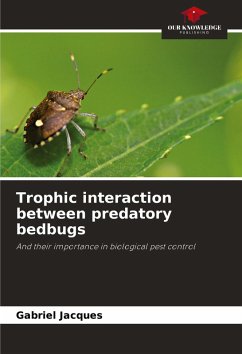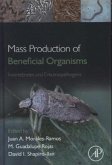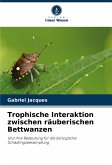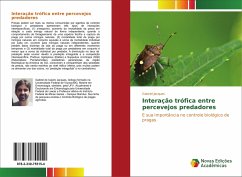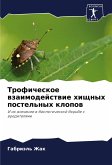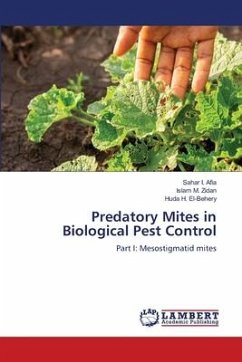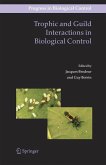Prey can be consumed more or less by biological control agents and predators have three types of interspecific interactions, (1) synergism, increased mortality of the prey in relation to each natural enemy independently, when the foraging behavior of one species facilitates the capture of the pest by other natural enemies, (2) total mortality of the pest by natural enemies together equals the sum of individual mortality by each, occurring for independent natural enemies, when they prey on different stages of the pest's life or at different times and (3) total mortality of the pest by predators together is less than the sum of individual mortality by predator. The decrease in predation rate may be due to intraguild predation and interspecific competition. Podisus nigrispinus (Dallas) and Supputius cincticeps (Stål) (Heteroptera: Pentatomidae), generalist predators from the Neotropical region of South America, consume and share a wide variety of prey and are not restricted to the lower trophic level, as many can feed on each other in "intraguild predation" and cannibalism.
Bitte wählen Sie Ihr Anliegen aus.
Rechnungen
Retourenschein anfordern
Bestellstatus
Storno

